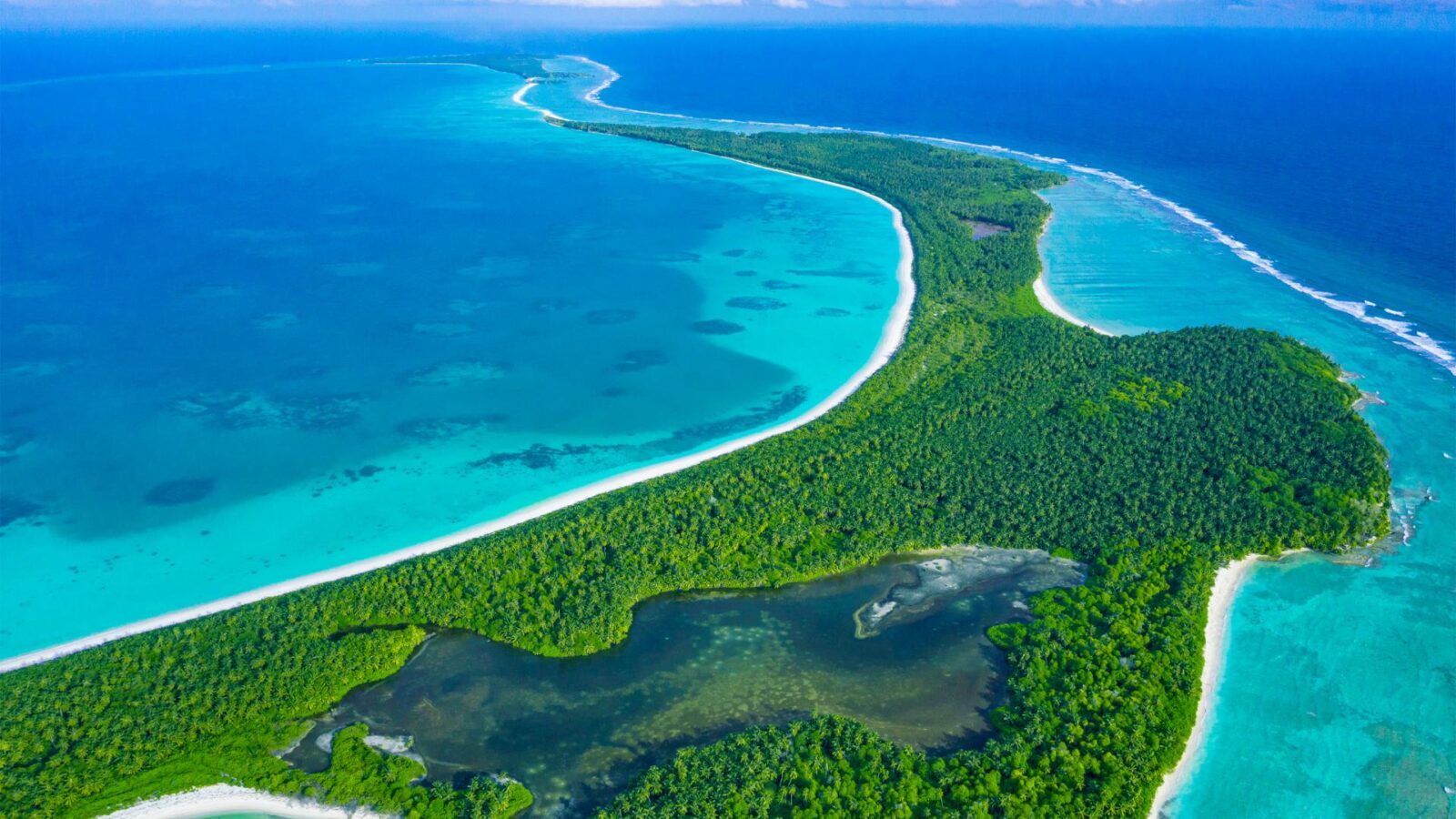Mauritius’ newly appointed Prime Minister, Navin Ramgoolam, has called for an independent review of the draft agreement reached with the United Kingdom regarding the Chagos Archipelago. The move signals a cautious and assertive approach by the new government in handling a historic and complex matter of sovereignty.
Addressing the Mauritian Parliament, Prime Minister Ramgoolam stated, “I wish to inform the House that I have asked for an independent review of the confidential draft agreement agreed so far.” The agreement, struck on October 3, included a commitment from the UK to transfer sovereignty over the Chagos Archipelago to Mauritius while retaining control of the Diego Garcia military base for an initial period of 99 years. Additionally, the UK pledged to provide annual financial support to Mauritius.
The Chagos Archipelago has been a point of contention for decades. Historically part of Mauritius, the islands were separated in 1965 during the country’s decolonization process. The UK subsequently established the British Indian Ocean Territory (BIOT) and leased Diego Garcia to the United States for use as a military base. This decision displaced the Chagossian people, many of whom have fought for their right to return ever since.
Since assuming office, Ramgoolam has sought to clarify the progress and terms of the negotiations, which were initiated under the previous administration. Last week, he held discussions with UK National Security Adviser Jonathan Powell to better understand the proposals and the broader implications of the agreement.
“The progress made in and the contents of the negotiations between the two sides during the past two years were unknown to the new government,” Ramgoolam remarked during the parliamentary session. He further emphasized his consultations with local officials and external legal experts to assess the status and implications of the deal.
This cautious stance highlights the Prime Minister’s commitment to ensuring that the interests of Mauritius, including the rights of the displaced Chagossian community and the nation’s long-term sovereignty, are upheld.
In the UK, Prime Minister Keir Starmer expressed strong support for the deal, framing it as a balanced outcome that serves the interests of all parties involved. “The Chagos deal is a good deal,” Starmer stated. “It secures the base that’s in the vital interests of the US and the UK. And we are already engaging with the new administration in Mauritius as to how we take that forward.”
However, the agreement’s terms, particularly the retention of Diego Garcia under US-UK control for 99 years, have sparked debate. Critics argue that the financial compensation does not sufficiently address the historical injustices faced by the Chagossian people, while others question whether the agreement fully restores Mauritian sovereignty over the archipelago.
For Mauritius, the Chagos issue is not just a matter of territorial integrity but also of historical justice. The independent review sought by Ramgoolam signals the new government’s determination to scrutinize the finer details of the deal and ensure that it aligns with the aspirations of its people.
The UK and US, on the other hand, view Diego Garcia as a strategically vital asset, given its role in military and intelligence operations. Any agreement over the archipelago must therefore balance these strategic considerations with Mauritius’ sovereign claims and the rights of the displaced Chagossians.
The call for an independent review underscores the complexities surrounding the Chagos Archipelago negotiations. As discussions continue, the Ramgoolam administration has positioned itself as a vigilant steward of national interests, emphasizing transparency, justice, and sovereignty.
This development reflects broader themes in Africa’s engagement with former colonial powers. Across the continent, governments are increasingly asserting their agency in renegotiating terms of historical agreements, ensuring that partnerships reflect contemporary realities and equitable outcomes.
For Mauritius, the Chagos Archipelago represents both a challenge and an opportunity to address historical grievances while shaping its future as a sovereign state in the Indian Ocean. The independent review, once concluded, could set a precedent for how small nations navigate complex negotiations with global powers, ensuring that justice and equity remain central to the process.













Leave a comment